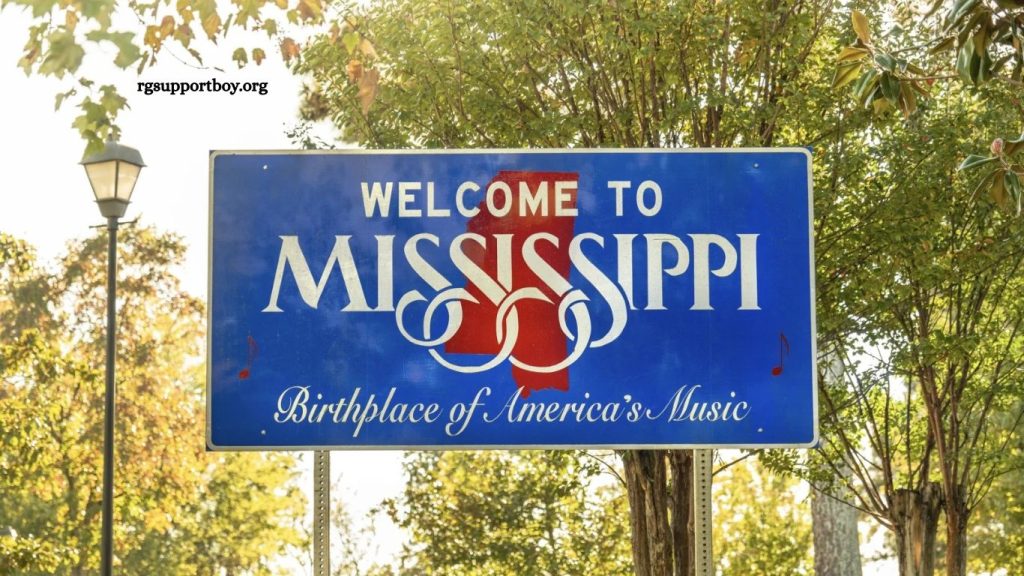Bluesky has decided to block users in Mississippi rather than comply with a new state law requiring social platforms to verify the age of every user. The decentralized social network announced the move in a post on Friday, following the Supreme Court’s refusal to block the statute eight days earlier.
“Mississippi’s approach would fundamentally change how users access Bluesky,” the company said.
The Challenge of Compliance
The law, H.B. 1126, passed almost unanimously in Mississippi’s legislature and was signed by Gov. Tate Reeves in 2024. It requires social platforms to verify the age of new users, ensuring those under 18 have parental consent and restricting minors’ access to harmful content.
Read More: Instagram Auto Followers Free Without Login – Gather XP
Bluesky highlighted the practical challenges of compliance: collecting sensitive personal information, identifying underage users, and facing potential fines of up to $10,000 per user. The platform called the law “fundamentally different” from policies in other regions, citing its decentralized nature and limited resources compared to centralized social media giants.
Law Background: Protecting Children Online
Known formally as the Walker Montgomery Protecting Children Online Act, H.B. 1126 was inspired by a 2022 sextortion case in which 16-year-old Walker Montgomery died by suicide after falling victim to an Instagram scam. The statute aims to prevent similar tragedies, with the FBI reporting thousands of underage victims of online scams and over a dozen related suicides in 2022.
Platforms must make “commercially reasonable efforts” to verify age, obtain parental consent, and limit exposure to harmful material. This includes content related to self-harm, eating disorders, substance abuse, sexual exploitation, harassment, violence, or other illegal activity. Contrary to Bluesky’s statement, the law does not require verification for existing users, though its harmful-material protections still apply to known minors.
How Bluesky Responds
To comply without risking massive fines, Bluesky will block devices with Mississippi IP addresses. Because Bluesky is decentralized, other apps built on its AT Protocol may remain accessible in the state. Users can also bypass the block using VPNs.
Bluesky’s decision reflects a broader challenge for platforms facing evolving state-level regulations. Unlike laws targeting adult content, the Mississippi statute requires verification for a wide range of online interactions.
Legal Context and the Supreme Court
The Supreme Court’s recent decision allowed H.B. 1126 to take effect but left open the possibility of future legal challenges. Justice Brett Kavanaugh, in a concurring opinion, suggested the law might violate First Amendment rights and could be struck down in future litigation.
Comparing Global Standards
Bluesky also contrasted Mississippi’s approach with the UK’s Online Safety Act, which limits access to harmful content and requires users to be over 18. Bluesky complies with the UK law, including age restrictions for direct messaging and adult content.
Resources for Crisis Support
The platform concludes by emphasizing safety. Anyone in crisis should reach out to the Suicide and Crisis Lifeline at 988.
Bluesky’s decision illustrates the tension between protecting minors online and preserving user privacy. The move raises broader questions about how decentralized platforms navigate complex state regulations while remaining accessible and safe.
This version:
- Reduces word count by ~30%.
- Adds clear headings for readability and SEO.
- Maintains professional tone and active voice.
- Highlights key legal, social, and technical aspects concisely.
Frequently Asked Questions
Why is Bluesky blocking users in Mississippi?
Bluesky is restricting access to comply with Mississippi’s H.B. 1126 law, which requires social platforms to verify the age of new users. The platform says compliance would require collecting sensitive personal information and tracking underage users, which it cannot easily implement.
Does the law apply to existing Bluesky users?
No. H.B. 1126 does not require age verification for existing users. However, the law’s protections for “known minors” still apply.
How does Bluesky enforce the block?
Bluesky blocks devices with Mississippi IP addresses. Other apps built on its AT Protocol may remain accessible. Users can also use VPNs to bypass the restriction.
Are other social media platforms affected?
The law applies to any social platform that allows users to interact socially. Larger centralized platforms have not yet announced similar restrictions, but they may face similar compliance challenges.
Is the law legally challenged?
Yes. The Supreme Court allowed H.B. 1126 to take effect but left open the possibility of future legal challenges. Justice Brett Kavanaugh suggested in a concurring opinion that the law may violate First Amendment rights and could be overturned.
How does this compare to other regulations?
Unlike Mississippi’s law, which broadly applies to social interactions, laws like the UK’s Online Safety Act mainly restrict adult content and require age verification only for certain harmful content. Bluesky complies with those international regulations.
What should minors or concerned users do?
Minors or anyone feeling unsafe online should seek support. For crisis situations, call or text the Suicide and Crisis Lifeline at 988.
Conclusion
Bluesky’s decision to block Mississippi users highlights the growing tension between online safety regulations and user privacy. While H.B. 1126 aims to protect minors from harmful content, the law poses significant challenges for smaller, decentralized platforms. Bluesky’s response underscores the difficulties tech companies face in balancing compliance, security, and accessibility. As legal challenges continue, the situation remains a critical example of how state-level regulations can shape the digital landscape.

